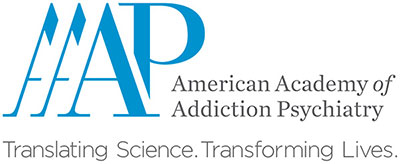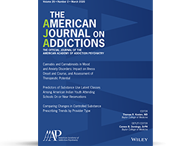The Suicide Risk Management Consultation Program, embedded within VA’s Rocky Mountain MIRECC, is committed to supporting all providers who work with Veterans at risk of suicide.
SRM helps providers by offering free consultation, support, and suicide prevention resources that promote therapeutic best practices. Please feel free to use this infographic and fact sheet in your practice.
Providers working with Veterans who are at risk of suicide want to ensure they are utilizing the best approaches to caring for those Veterans. If you are one of these providers, the U.S. Department of Veterans’ Affairs (VA) Suicide Risk Management Consultation Program (SRM) is available to support you as you navigate scenarios that can sometimes be complex or stressful. Here are some important facts about Veterans.
1. Prevalence of Suicide is Higher among Veterans
Approximately 20 Veterans die by suicide every day, and most of those Veterans are not receiving care from the Veterans’ Health Administration (VHA). Young Veterans are at higher risk for suicide; yet older Veterans are twice as likely to die by suicide compared to the general population. If you are working with a Veteran at risk for suicide, either in the community or in VA, SRM is available for free consultation, support and resources.
2. Veterans Have Unique Warning Signs
Many Veterans return from active duty with mental health concerns. A Veteran may be experiencing symptoms of disorders like PTSD or depression and may also be at risk for suicide. To provide optimal care for these Veterans, it is important to understand warning signs such as feeling excessive guilt or shame, anger, and withdrawing from family and friends. Additionally, many Veterans have access to firearms, which can elevate their risk, particularly in times of crisis. SRM can be helpful in obtaining the latest risk management tools, including how to talk about lethal means safety.
3. Veterans May Face Barriers to Care
Despite ongoing efforts to address stigma regarding mental health, this is still a significant barrier to engaging in mental health care. For Veterans in particular, they may have concerns about the impact of seeking mental health care on domains such as employment or interpersonal relationships. If you are working with a Veteran and identify these challenges, ask SRM consultants for tips on how best support engagement in care.
The SRM consultants are experts in working with Veterans at risk of suicide. SRM provides free consultation, education, and resources that promote therapeutic best practices for any provider working with Veterans at risk of suicide. SRM consultants collaboratively work with providers on questions regarding risk assessment, documentation, and strategies for engaging Veterans at high risk of suicide. You can also learn about suicide prevention trainings and resources for community and VA providers, including clinical guidance documents and postvention resources. SRM is available for the full spectrum of provider requests. Whether you want an answer to a quick question, or you are working with a Veteran who has complex care needs, simply request a consultation.
This unique, free program is available for any VA or non-VA community provider working with Veterans at risk of suicide. Email [email protected] to schedule a free consultation and visit SRM’s website to learn more.



